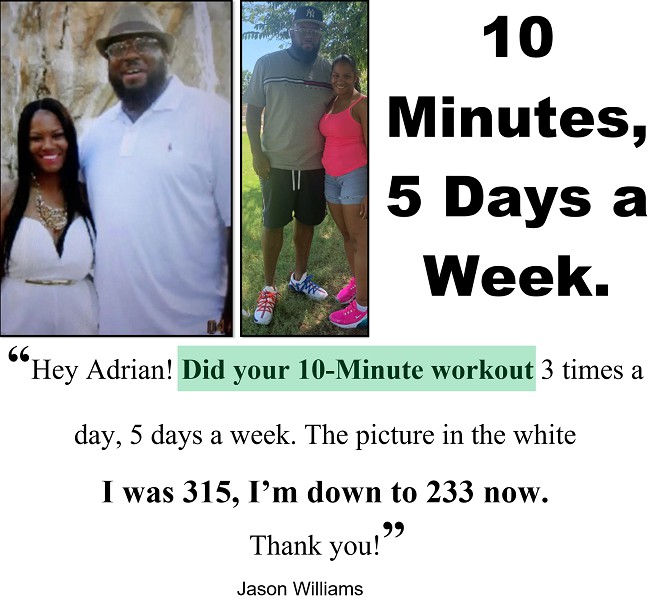7 Signs Your Body Needs More Potassium

Potassium is one of the most important minerals for a healthy lifestyle. Having high or too low levels of potassium can be dangerous.
Potassium plays the role of keeping the nerve and muscle cells in our body functioning properly. Being an electrolyte, potassium is easy to source from potassium rich foods. There are many negative effects occurring when your body is low on potassium.
1. Heart Palpitations
Your heart is one of the first organs that react to potassium deficiency. When you are low on potassium, your heart does not function properly.
You will notice a disruption in rhythmic and coordinated heart contractions. All of them are controlled by electric impulses for which you need potassium. Deficiency in the mineral leads to irregular heartbeat and heart palpitations.
2. Bloating
Potassium is crucial for the way your body digests sodium. These two minerals go hand in hand. Without potassium, your body cannot regulate the levels of sodium in the system. As a result, you will feel bloated. → 18 Ways To Get a Flatter Stomach Without Exercise
It is not normal to have too much salt in your body, and that is exactly what happens when you are low on potassium.
3. Constipation
As we mentioned, low potassium levels lead to high sodium levels and bloating. And if you are constantly bloated, the inevitable result is constipation. However you look at it, potassium deficiency has a negative impact on your digestive system.
4. Numbness & Tingling
As mentioned previously, potassium supports healthy and proper function of our muscle nerves. When there is no potassium in the system, your muscles nerves do not function as needed. One of the results of improper muscle nerve function is tingling sensation, a sensation of needles and pins.
5. High Blood Pressure
Most of the negative aspects of potassium deficiency are linked with salt. The same applies with high blood pressure. Potassium regulates the salt in your body. And we know high salt levels contribute to high blood pressure.
If you want to regulate your blood pressure, make sure to consume potassium rich foods on a regular basis.
6. Fatigue
Potassium is an electrolyte, same as magnesium. Both of these minerals support healthy muscles. One of the results of deficiency of either of these minerals is fatigue. When your body does not get enough potassium, you feel tired → 36 Ways to Naturally Get More Energy
7. Warts
One of the reasons why you may have warts is because of low potassium → 29 Ways to Get Rid of Warts
Good Sources of Potassium

- Spinach is on the top of the list, not only because it contains potassium, but also because it contains cancer preventing compounds.
- Sweet potatoes are another item on the menu. In addition to potassium, sweet potatoes contain vitamin C, vitamin B6, and beta-carotene.
- Avocado. One whole avocado gives you more than 1,000 milligrams of potassium → The Top 8 Foods for The Ketogenic Diet
- Dried Apricots. Not only they are rich in potassium, but dried apricots are also low on sugar. That makes them a perfectly healthy snack.
- Pomegranate Juice is excellent when you are low on potassium.
- Coconut Water
